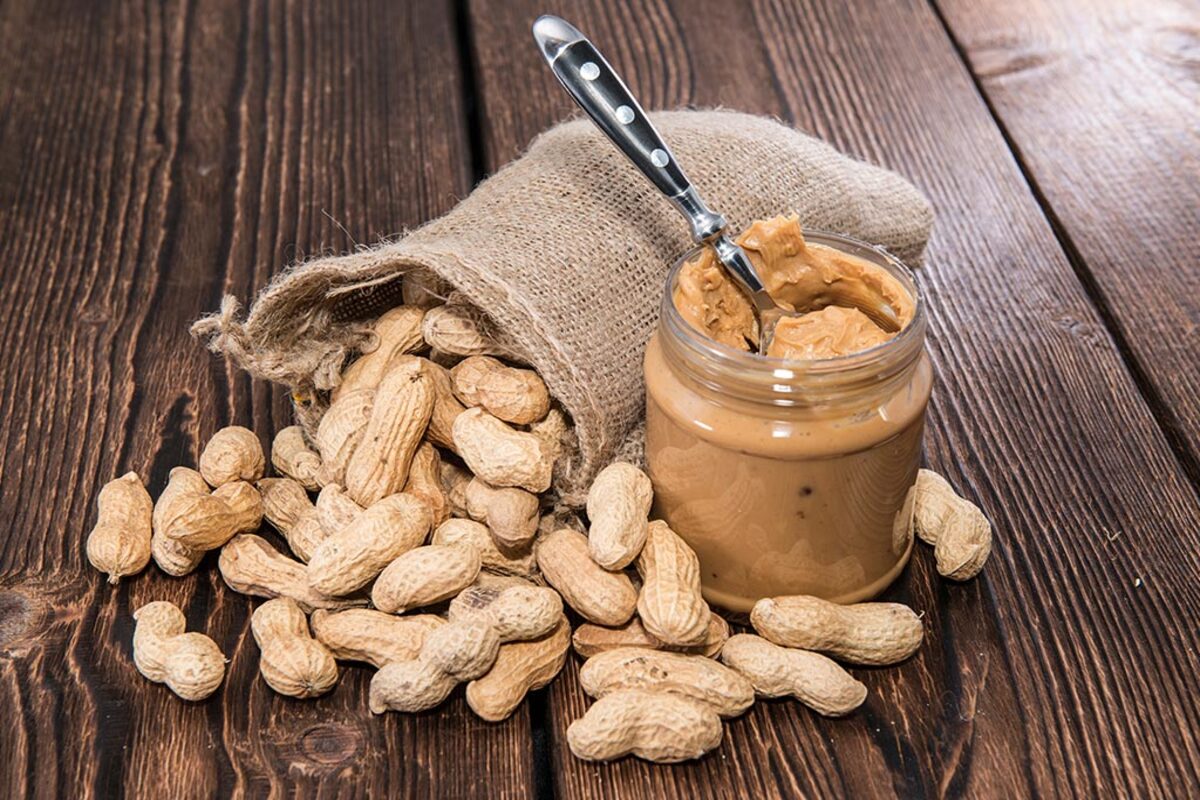Study reveals novel therapeutic target for traumatic brain injury
Health outcomes vary greatly among the approximately 1.5 million Americans who survive a traumatic brain injury each year.
Peanut butter is rich in heart-healthy fats and is a good source of protein, which can be helpful for vegetarians looking to include more protein in their diets. A 2-tablespoon serving of peanut butter contains up to 8 grams of protein and 2 to 3 grams of fiber.

Peanut butter (photo: stock)
Peanut butter, due to its high protein content has recently become quite popular with fitness freaks. But is it loaded with health benefits? Yes! it is very healthy.
Peanut butter is a spread that is made from ground, dry roasted peanuts. Commercially it is made by roasting the peanuts, blanching them in heat or water to remove their skins, and then grinding them into a paste. At this point, other flavors, oils, or ingredients can be added to change its taste and texture.
Peanut butter is rich in heart-healthy fats and is a good source of protein, which can be helpful for vegetarians looking to include more protein in their diets. A 2-tablespoon serving of peanut butter contains up to 8 grams of protein and 2 to 3 grams of fiber. The nutty spread also offers vitamins and minerals including the B vitamin niacin, iron, potassium, and vitamin E.
Advertisement
The healthiest peanut butter is made from just peanuts, while added salt, sugars, and oils change its nutritional profile. For example, peanut butter with salt added can have 100 to 150 milligrams of sodium, while an unsalted version is sodium-free. Sugars may be added too, especially in flavored varieties, and can contribute up to 7 grams, or 28 calories per serving.
The best peanut butter varieties to buy are those that are as close to 100% peanuts as possible, so check the ingredients label before you buy. Many brands add extra ingredients such as oil, sugar, and salt to enhance the flavor, but these also change the nutritional profile of the product. In particular, products that are marketed as ‘reduced fat’ may have added sugar to help them taste good.
With peanut butter growing in popularity in recent years, there are some different blends such as coconut and peanut butter, or blends that include pumpkin and sunflower seeds. These can be a tasty variation to try, but again, check the labels to make sure that they don’t contain extra salts, sugars, or preservatives to make the healthiest choice.
Around 2 tbsp a day is a good portion size when eaten as part of a balanced and varied diet. Because peanut butter is high in calories, beneficial fats, and protein, it can help keep you full for longer. There is no nutritional difference between smooth and crunchy peanut butter, so take your pick!
Advertisement